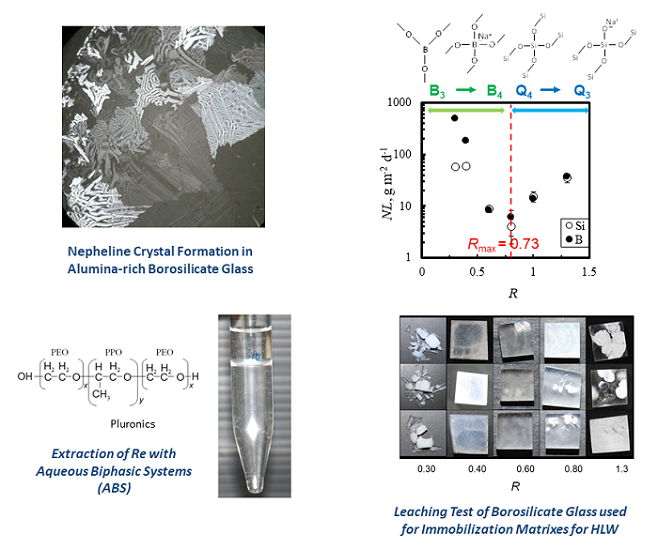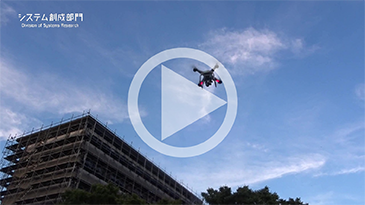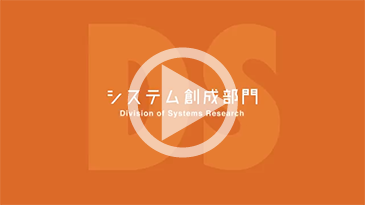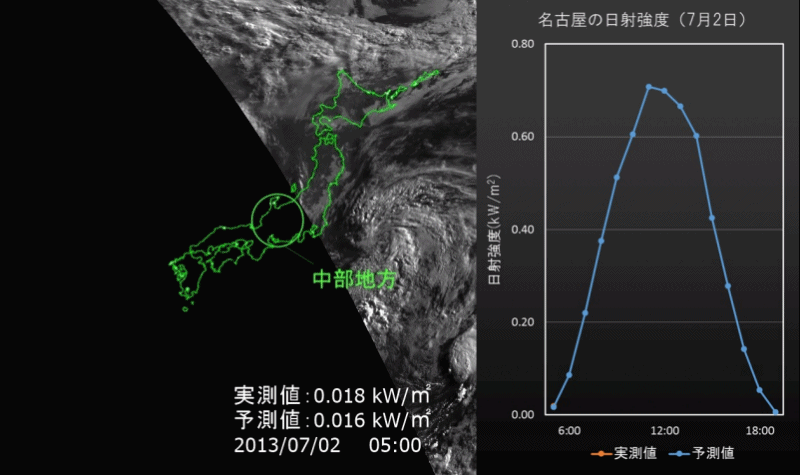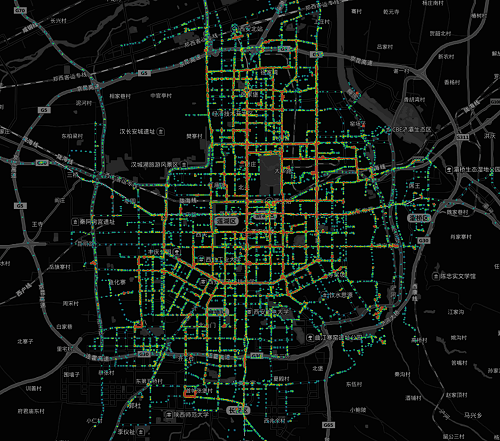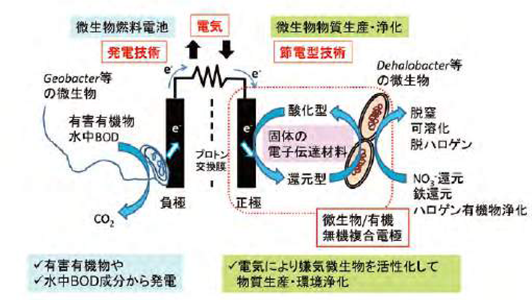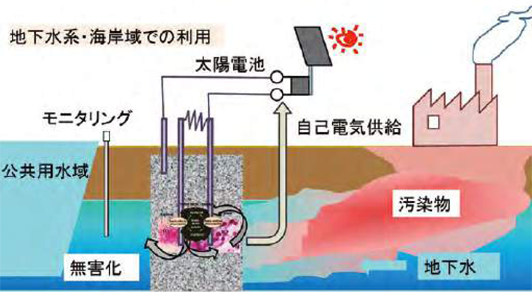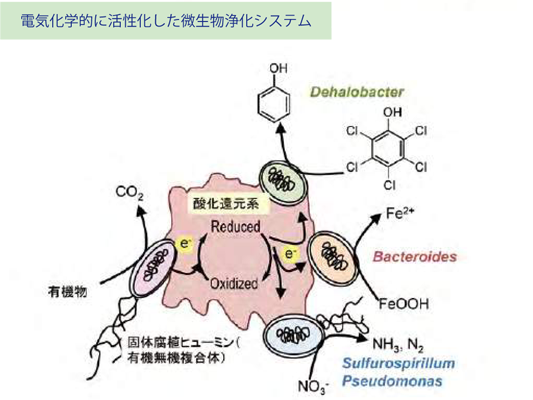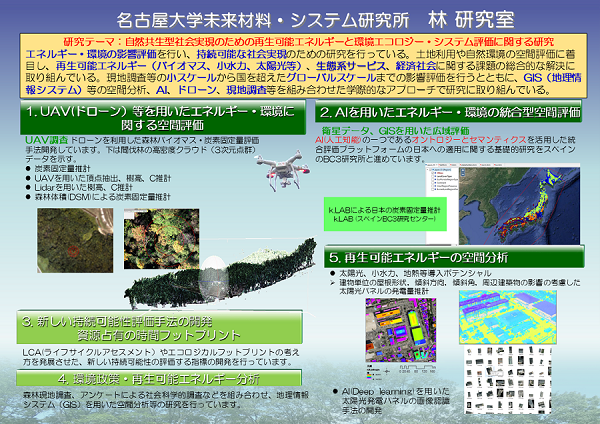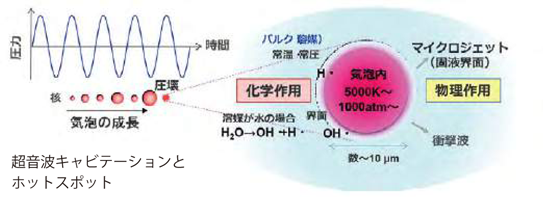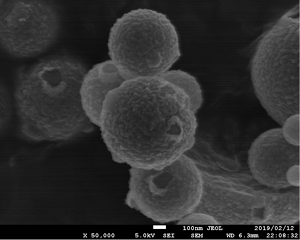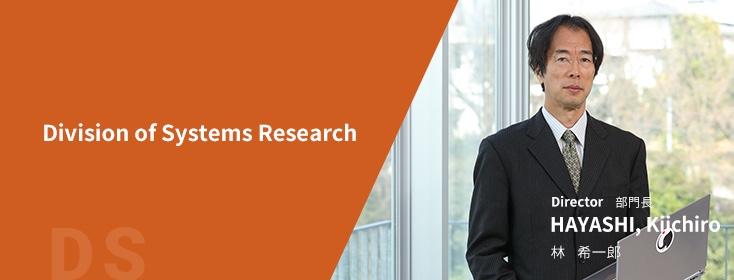
The Division of Systems Research (DS) aims to develop key technologies contributing to sustainable and ecological society, such as advanced energy conversion, transmission, and utilization technologies, bioremediation and substance synthesis using microorganisms, energy and environmental impact assessment methods from various points of view. For the effective use of these technologies, the DS also carries out leading- edge researches on wireless communication system and urban traffic management system, etc.
- Director of the Division : HAYASHI, Kiichiro
- Vice-director of the Division : KATAYAMA, Arata
Conversion Systems Section
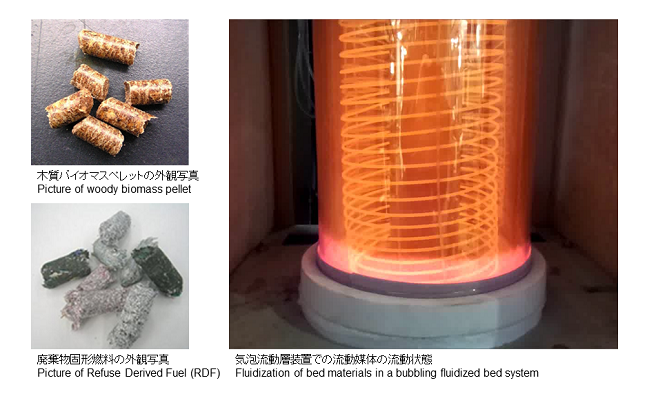


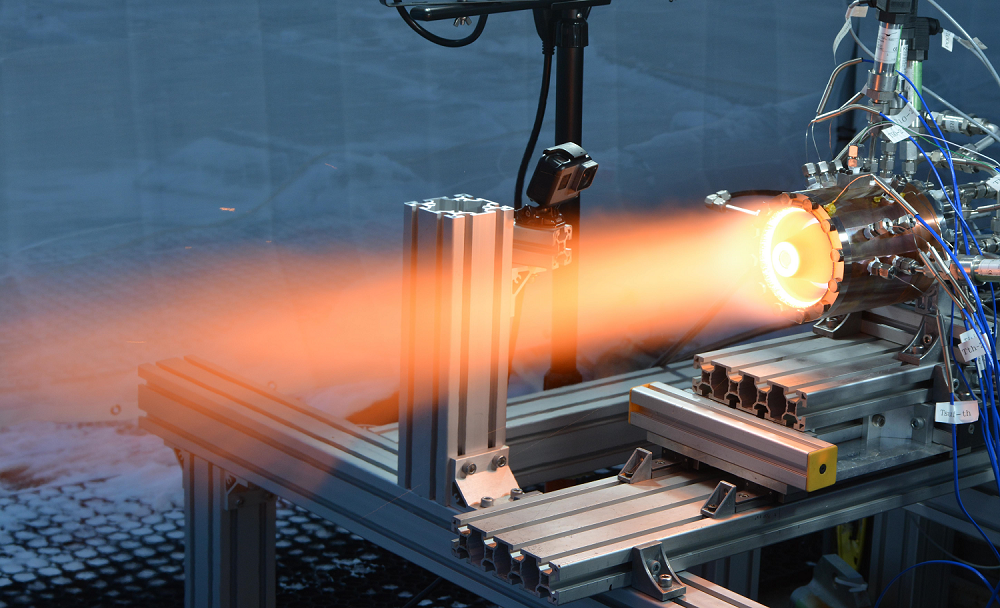
Rotating detonation engine for space flight experiment



Network Systems Section
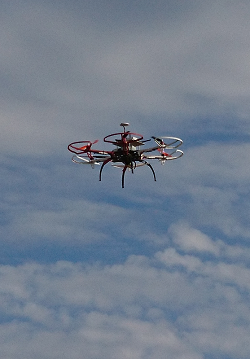
Wireless drone network
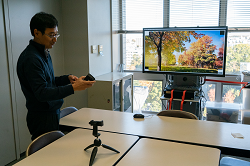
Digital signage visible
light communications

Imaging Optical Device
for Wireless Communiations



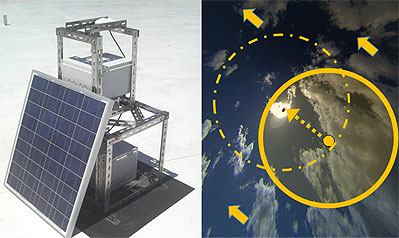
Nowcasting/Forecasting System
of Photovoltaic Power Generation
in Distribution Network using All-sky Images

Visiting Faculty





Circulation Systems Section
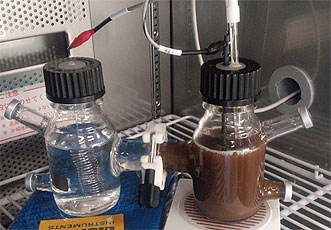
Electromicrobial culture system Studies are carried out on the electrochemical enhancement of pollutant degradation by microorganisms or the microbial electric generation from polluted water, using two-chamber bioelectrochemical culturing system.


Visiting Faculty



Visiting Faculty

Sonochemical reactor

Chemical luminescence
in a sonochemical reactor

Ultrasonic decomposition
of dye in aqueous solution

An important and demanding task is deciding how to maintain our activity while reducing energy consumption. All materials necessary for our lives are on a cycle: they are received from the earth,
used in human society, and then returned to the earth. We study waste management, treatment, and
disposal in an energy- saving material cycle.
